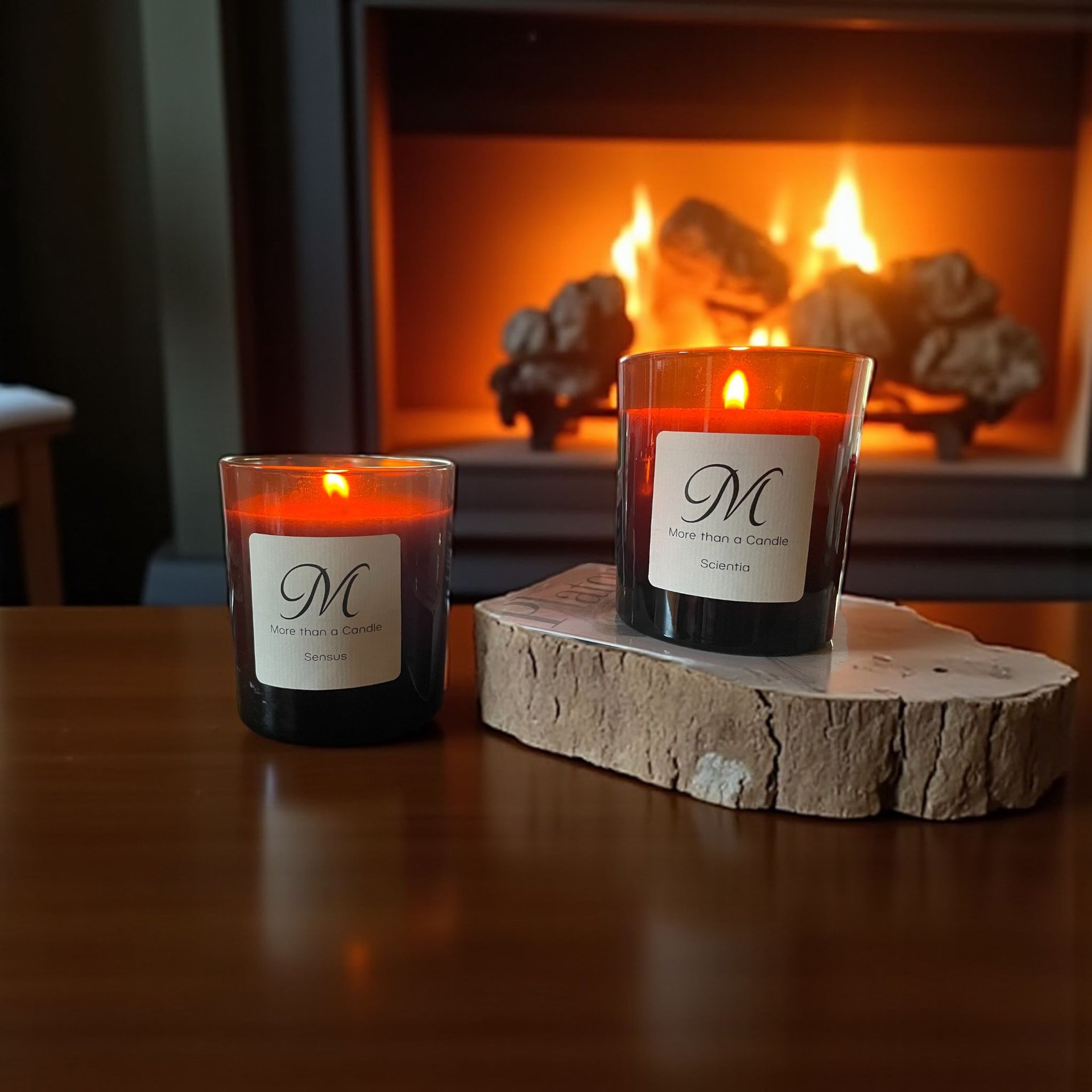


Memoria
Notes De Tête
Freesia,
Ecorce de citron
Memoria est léger, frais et parfait pour le printemps. En un instant, il m'a rappelé un souvenir d'enfance. L'article explore la manière dont les premiers souvenirs sont ancrés dans les odeurs, la vue et le son.
Édition limitée saisonnière
Notes De Cœur
Pêche
Pétales de pivoine
Notes De Base
Vanille
Ambre
Musc










Sensus
Electio
Imperium
Simulatio
Scientia
Timor
Notes De Base
bois de teck, patchouli, bois de santal
Notes De Cœur
thé noir, poivre
Notes De Tête
cuir, tabac, ambre, musc
Notes De Tête
rhubarbe, melon, grenade, prune, framboise
Notes De Cœur
poivre, clou de girofle, rose, muguet, jasmin nocturne
Notes De Base
cédre, bois de gaïac, patchouli, ambre, musc
Notes De Tête
chocolat, orange, bergamote, mandarine
Notes De Cœur
ambre, lys, bois de gaïac
Notes De Base
musc, vanille, bois de santal, mousse, caramel
Notes De Tête
bergamote, peau de pomme
Notes De Cœur
lys, rose
Notes De Base
vanille, patchouli, bois de santal, musc
Notes De Tête
musc, mauve
Notes De Cœur
violette, magnolia
Notes De Base
bois de santal, bois de cédre, muscs poudrés
Notes De Tête
bergamote, citron, orange
Notes De Cœur
Géranium, Jasmin de minuit, notes aqueuses, maguet
Notes De Base
patchouli, vétiver, vanille fumeé
Coordonneés
michelle@meliusse.com
+33 745 47 31 25
© 2024. Tous droits réservés.
SIRET: 928 421 288 00012
Photographie Par www.emmajaynephotography.uk









